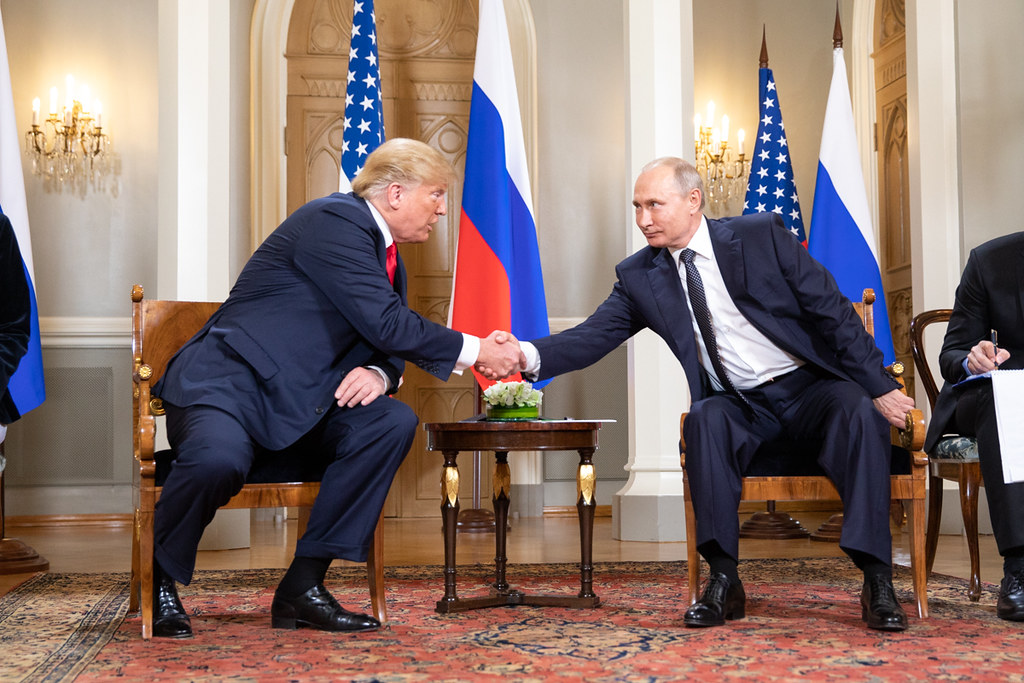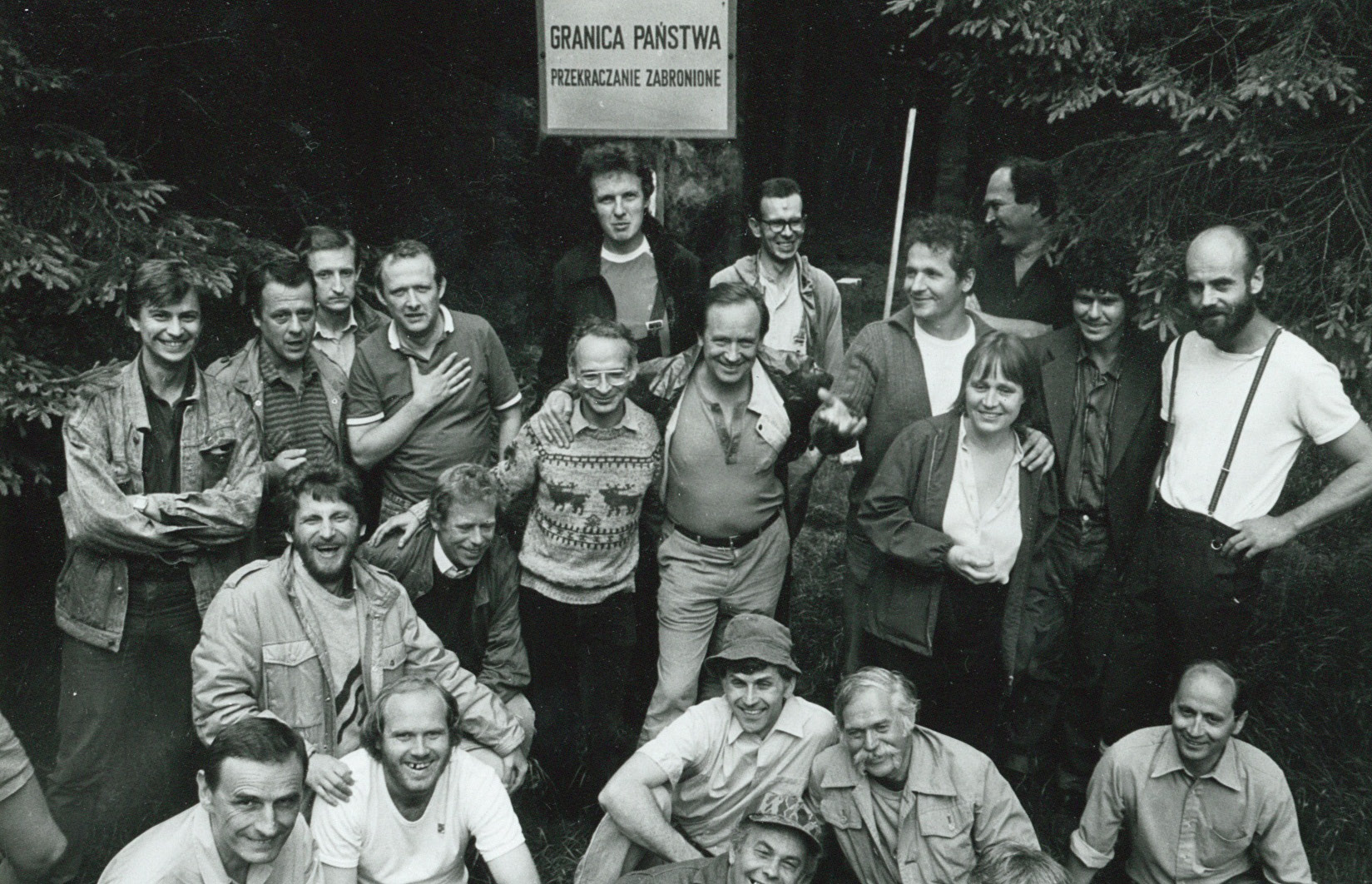The failure to publish the long awaited report on policing tactics last summer is leading to accusations of a cover-up. Chris Ames reports
The Home Office and Kent Police have buried a report on the policing of last summer’s climate camp at Kingsnorth power station, provoking suspicions that it was critical of the controversial police tactics at the protest.
During the protest last August, activists complained of aggressive policing, including violence against peaceful protestors, excessive use of stop and search powers, arbitrary arrests and mass confiscation of personal property. A number of MPs called for an inquiry.
Last December, policing minister Vernon Coaker told MPs that the National Policing Improvement Agency (NPIA) was “considering the lessons to be learned” from Kingsnorth. He said he would discuss its report with the Association of Chief Police Officers (ACPO) and would then “be happy to share those conclusions” with Liberal Democrat Shadow Justice Secretary David Howarth.
But the report has been shelved, apparently because Kent Police did not like its findings, despite sending it back to be revised. Soon after receiving a “final” version, Chief Constable Michael Fuller commissioned a second review, on the grounds that the NPIA report “was not an evaluation of the operation overall or whether or not strategic and tactical objectives were achieved”.
The force also refused to hand the report to the Independent Police Complaints Commission (IPCC). Kent Police have declined to say what the report’s findings were, in spite of a claim that its policy “has always been to be open and transparent in everything we do”.
The Home Office is now presenting the second review, which is being carried out by an assistant chief constable of South Yorkshire Police, as a “report by the NPIA”, even though both the NPIA and South Yorkshire Police have stated that the NPIA are not involved.
Howarth has tabled a parliamentary question asking when the Home Office expects to receive the original report. He has not yet had a reply. He told Index: “It would be disturbing if the police and Home Office were not being wholly transparent about the outcome of the review into the policing of Kingsnorth. This is not a time for the police to close ranks. A democratic police force should not be afraid of healthy public debate and scrutiny. A fully open discussion is an essential part of the process of rebuilding public confidence in the policing of protest.”
Coaker referred to the original NPIA report several times when he gave evidence to the parliamentary Joint Committee on Human Rights in December. He said: “I want to see what that report says with respect to Kingsnorth.” Six days later, he had to apologise to MPs for an earlier, false, claim that 70 police officers at the climate camp had been injured by demonstrators. But he declined to comment on his previous assertion that police tactics had been “appropriate and proportionate”. He told Howarth that he would “wait for the NPIA report”.
But Kent’s Deputy Chief Constable Adrian Leppard has now claimed that the report was only “an initial debrief”. He said: “As a police force, we are always keen to learn and advance our techniques and that is why we asked the NPIA to carry out a full review.”
Kent Police’s refusal to give the original report to the IPCC has increased suspicions that it was critical of the force’s tactics. In March, the force made a voluntary referral to the IPCC of a highly critical report on Kingsnorth, which was published by the Liberal Democrats. The IPCC’s commissioner for south-east England, Mike Franklin, then asked to see the NPIA report.
According to the IPCC, “Kent Police told the commissioner that they had asked for additional work to be done on the report and that they would share it with him when it was complete.” Although Kent Police have not stated the exact date on which they received the final NPIA report, it seems clear that they had already been given it by that time.
In spite of Coaker’s pledge to consider the report, the Home Office has declined to say whether he took steps to obtain it. Like Kent Police, it is now referring to the South Yorkshire police review as an NPIA report, in an apparent attempt to deflect attention from the shelving of the original report.
A spokesperson said: “The conclusions of the report by the NPIA will be shared with the Home Office in June. We will in turn be ensuring that these lessons are picked up across the police service and linked into the [Her Majesty’s Inspectorate of Constabulary] review of [the policing of the G20 protests].” She added: “At NPIA’s suggestion this review will be led by a Deputy Police Constable (DCC)with wide public order experience (from South Yorkshire), supported by NPIA.”
But this claim is contradicted by the NPIA and South Yorkshire Police, who have both stated that the new review has nothing to do with the NPIA. South Yorkshire police told Index: “The review was commissioned jointly by Kent Constabulary’s Chief Constable Michael Fuller and ACPO’s lead for public order, Deputy Chief Constable Sue Sim from Northumbria Police. The NPIA are not involved.”
The disappearance of the original report has aroused suspicions among campaigners. A spokesperson for the climate camp legal team said: “The policing at Kingsnorth was completely over the top, with the indiscriminate use of stop and search powers, the mass confiscation of personal property, and aggressive behaviour by police officers. The police do all they can to cover up their heavy handed behaviour, and so we aren’t surprised to learn that this potentially critical report has been buried.”
She added: “The right to protest is a vital part of our democracy and the police must not be allowed to silence public dissent on crucial issues such as climate change.”
Read more from Chris Ames on Kingsnorth at Comment is Free





